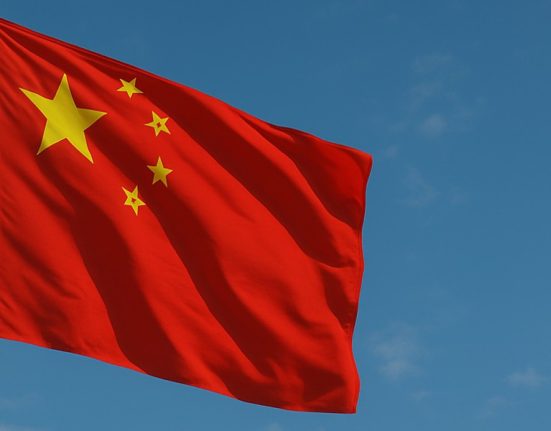A scandal unravels in plain sight
The collapse of Britain’s high-profile “China spy” case has not just exposed a courtroom failure – it has laid bare the moral collapse of a UK government paralysed by the fear of offending Beijing.
The trial, which accused parliamentary researcher Christopher Cash and teacher Christopher Berry of passing sensitive information to Chinese intelligence, disintegrated after the government refused to state in court that China was a national security threat.
Stephen Parkinson, the director of public prosecutions, admitted his team had spent months begging ministers for a simple statement confirming the obvious. None came. Instead, officials twisted themselves into bureaucratic knots to maintain a line of “balance” – a communications strategy that prioritised optics over honesty.
The result? The Crown Prosecution Service had no case, and the world now sees Britain as a nation afraid of its own shadow.
Charles Parton, a veteran diplomat who served for decades in Beijing, said: “This says to the Chinese, ‘Yes, we can bully the British.’”
That should chill every voter. When a sovereign government refuses to back its own prosecutors because it fears offending a foreign power, it forfeits moral authority.
The choreography of cowardice
The witness statements released by Sir Keir Starmer’s government only made matters worse. In them, deputy national security adviser Matthew Collins emphasised the UK’s commitment to a “positive relationship with China” even while acknowledging Beijing’s espionage threat.
This doublespeak – calling a country both a “partner” and a “predator” – epitomises the muddled strategic thinking that now defines British diplomacy.
The government’s own communications handling has been disastrous. It waited weeks before publishing statements that were already riddled with contradictions. Each ministerial briefing felt like an exercise in damage control, not transparency.
The prime minister insisted his government merely reflected the Conservative position at the time of the alleged offences. That may be legally tidy – but politically, it reeks of cowardice.
If the evidence truly “had to reflect” the previous government’s stance, why wasn’t a corrective issued immediately?
Why let prosecutors chase phantom evidence for months?
The truth is painfully simple: Britain’s leaders wanted to keep the Chinese embassy project moving, keep trade talks warm, and keep Washington calm – all while avoiding a diplomatic storm.
The allies are watching
Sir John Sawers, former head of MI6, said the Americans would be “perplexed” by Britain’s decision to drop the prosecution.
“China poses a range of threats,” he warned – from cyberattacks to political interference – and Washington’s patience with British equivocation will not last forever.
Former national security adviser Lord Mark Sedwill was blunter: “Of course China is a national security threat.”
He added he was “genuinely puzzled” that the trial fell apart. When the former guardians of the state are forced to publicly contradict a sitting government, it signals not dissent but alarm.
Downing Street’s insistence that no ministers interfered in the case fools no one. Jonathan Powell, the prime minister’s national security adviser, stands accused by former colleagues of “soft-pedalling” public criticism of China to preserve trade and diplomatic engagement. Labour’s line – “cooperate where we can, challenge where we must” – has become the mantra of moral neutrality.
When trade trumps truth
This affair is not about one prosecution; it is about the corrosion of confidence. Intelligence officers, prosecutors and allies are all questioning whether Britain can be trusted to defend its own principles when money and geopolitics are in play.
For years, successive governments have tried to straddle a moral tightrope between “strategic engagement” and “values-based diplomacy.”
Now that rope has snapped. The government’s contortions have broadcast one message loud and clear: trade trumps truth.
The communications failure is not a footnote – it is the heart of the crisis. Britain’s messaging was evasive when it should have been assertive; its tone conciliatory when it should have been firm. Instead of leading, it spun. Instead of explaining, it excused.
A nation afraid to speak
The China spy case was an opportunity to show moral clarity and national courage. Instead, it showed how timidly Britain now speaks when confronted by power. Beijing did not have to bully us – we bullied ourselves into silence.
A government that cannot bring itself to name a threat cannot hope to manage it. What this case revealed was not just political weakness but communications failure on a national scale. In trying to protect the relationship with China, Britain has undermined its relationship with truth – and the world has noticed.







